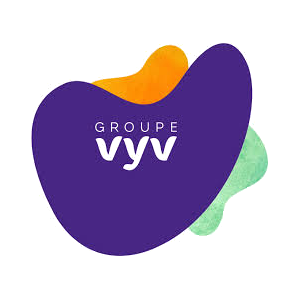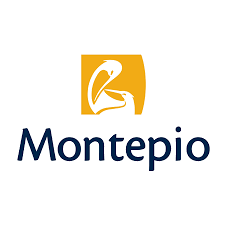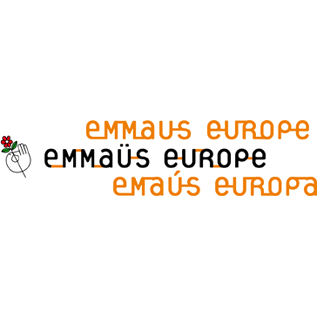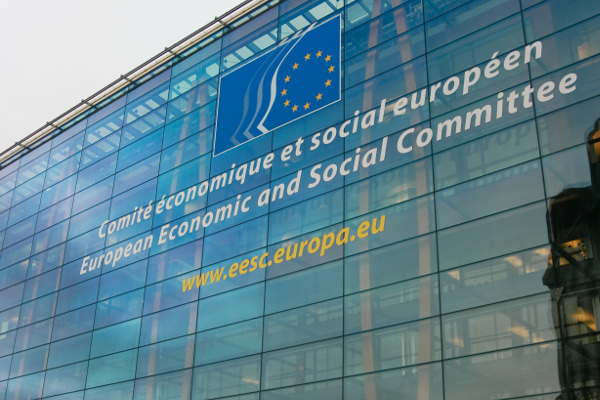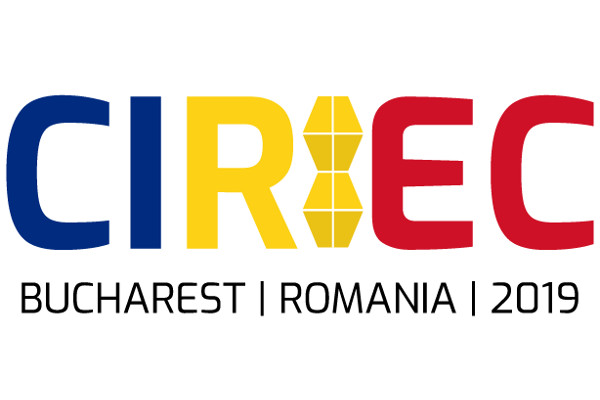Adoption in plenary EESC session of the Alain Coheur opinion on : " Towards an appropriate European legal framework for social economy enterprises"
Read moreOne ambition : Restore a fair competition with for-profit companies that have neither the same goals nor the same constraints.
Who we are ?
An alliance of non-profit enterprises working in a range of sectors (including education, sport, healthcare and social services), campaigning for a legal recognition for all forms of enterprises, including those whose primary aim is to have a social impact rather than make a profit for their members.
The economic actors we represent have a positive impact on the principles of the European social pillar on a daily basis. Social Europe could not be improved without the daily commitment of the actors which fullfil these principles. Non-profit enterprises are not sufficiently taken into consideration by public authorities, companies and investors. This must change.
As an association, we are open to include foundations, associations, mutuals and citizens who are committed to a more inclusive and democratic Europe.
A definition of non-profit institutions internationally known
“They have a different objective function than standard corporations. Reflecting this, they are prohibited or significantly limited in their distribution of profits and income to units that control or finance them. Although they may earn surpluses, the principal purpose of TSE institutions is not to earn financial returns to investors, but to produce goods and services that have some public or social benefit. They therefore are not typically suitable for profit maximizing investment purposes. Entrepreneurs in these institutions are often driven by social or ideological impulses rather than solely pecuniary ones.”
#Not4Profit
A new narrative for the legal recognition of thousands of economic actors in Europe.
Our core belief
Advocating4Non-profit enterprises coalition is calling on the future European Commission to create a new legal concept: non-profit enterprises.
Non-profit entity
The entity does not realize any surplus (non-market goods and services)
Non-profit business
The company can generate a financial surplus that is allocated to its social purpose and not shared in the form of a gain adding to the wealth of its members
For-profit business
The company aims to make a profit and distribute it to its owners, members or shareolders
We are convinced that establishing this new legal category in European law will enable the unequal opportunities faced by social and solidarity economy stakeholders in Europe's internal market in relation to profit-making companies to be corrected. These inequalities are caused by the absence of a legal framework and positive political recognition of the inherent values of social economy stakeholders, notably their different approach to the distribution of surplus earnings.
This new concept will enable:
- Non-profit enterprises to fulfil their social undertakings in the long term.
- Steps to be taken to ensure that non-profit enterprises are treated fairly in relation to profit-making companies.
- Fair competition to be restored with profit-making companies which do not have the same aims or constraints, for instance, taking into consideration the more restricted access to finance experienced by non-profit enterprises.
- Strong impetus to be given to the implementation and further development of the European pillar of social rights by recognizing the role played by stakeholders who achieve its ambitions on a daily basis.
Our missions
INFORM
INFLUENCE
Contribute
Non-profit businesses are a reality of the European social economy system. A legal recognition is key to accompany them on fulfilling their social mission. The support of European institutions is needed.
Become a member
You are citizens, social economy actors or public authorities committed to raise the voice of non-profit companies: welcome on board ! Join a large network of European non-profit actors rooted at national level but with a European vision.
You have the opportunity to raise the voice of a whole part of the European economy, which has proven its economic and social sustainability for a better society, where the search for profit is not the ultimate purpose of the economic activity.
Newsroom
Key references
European Economic and Social Committee (EESC) opinion
Towards an appropriate European legal framework for social economy enterprises (own-initiative opinion)
Key points
In its Opinion, the EESC invites the Commission to:
- launch a study on the concept of limited profitability and on business models that operate in this way, in order to identify more precisely what is required and, where appropriate, to prescribe good practice;
- extend to all Social Economic Enterprises (SEEs) the relevant provisions of the communication on the classification of State aid;
- draft an interpretative communication on Article 54 of the TFEU and on the Treaty articles relating to competition law, in order to clarify the concept of "not-for-profit" in EU law.
Finally, the EESC believes that a Protocol on diversity in types of enterprise should be annexed to the TFEU, along the same lines as Protocol No 26 on SGIs.
Learn morePaint Graphos Judgment of the European Court of Justice
In this judgment, the CJEU stated that tax advantages granted to cooperative societies could not be described as giving them a selective advantage since the respective situations of cooperatives and for-profit entities were not comparable. The Court justifies its decision by diverse cooperative’s specificities.
Moreover, as stated at section 2.2.3 of that communication, cooperative societies have no or limited access to equity markets and are therefore dependent for their development on their own capital or credit financing. That is due to the fact that shares in cooperative societies are not listed on the stock exchange and, therefore, not widely available for purchase. Moreover, as is also made clear by recital 10 in the preamble to Regulation No 1435/2003, there is limited interest on loan and share capital, which makes investment in a cooperative society less advantageous.
As a consequence, the profit margin of this particular kind of company is considerably lower than that of capital companies, which are better able to adapt to market requirements.”
Learn moreStudy by Laëtitia Driguez on “not-for-profit entities under European Law”
Creating this new legal concept in European law would make it possible to remedy the lack of equal opportunities for SSE actors vis-à-vis profit-making entities, linked to the absence of a legal framework and positive political recognition of the internal values of social economy actors, in particular their different approach to the distribution of profits.
Laetitia Driguez, “Not-for-profit entities under European Union Law”, Paris, Alternatives Economiques, 2017, MGEN, 111. p
This study was particularly well received at the 7th CIRIEC International Conference in May 2019 at Bucarest.


